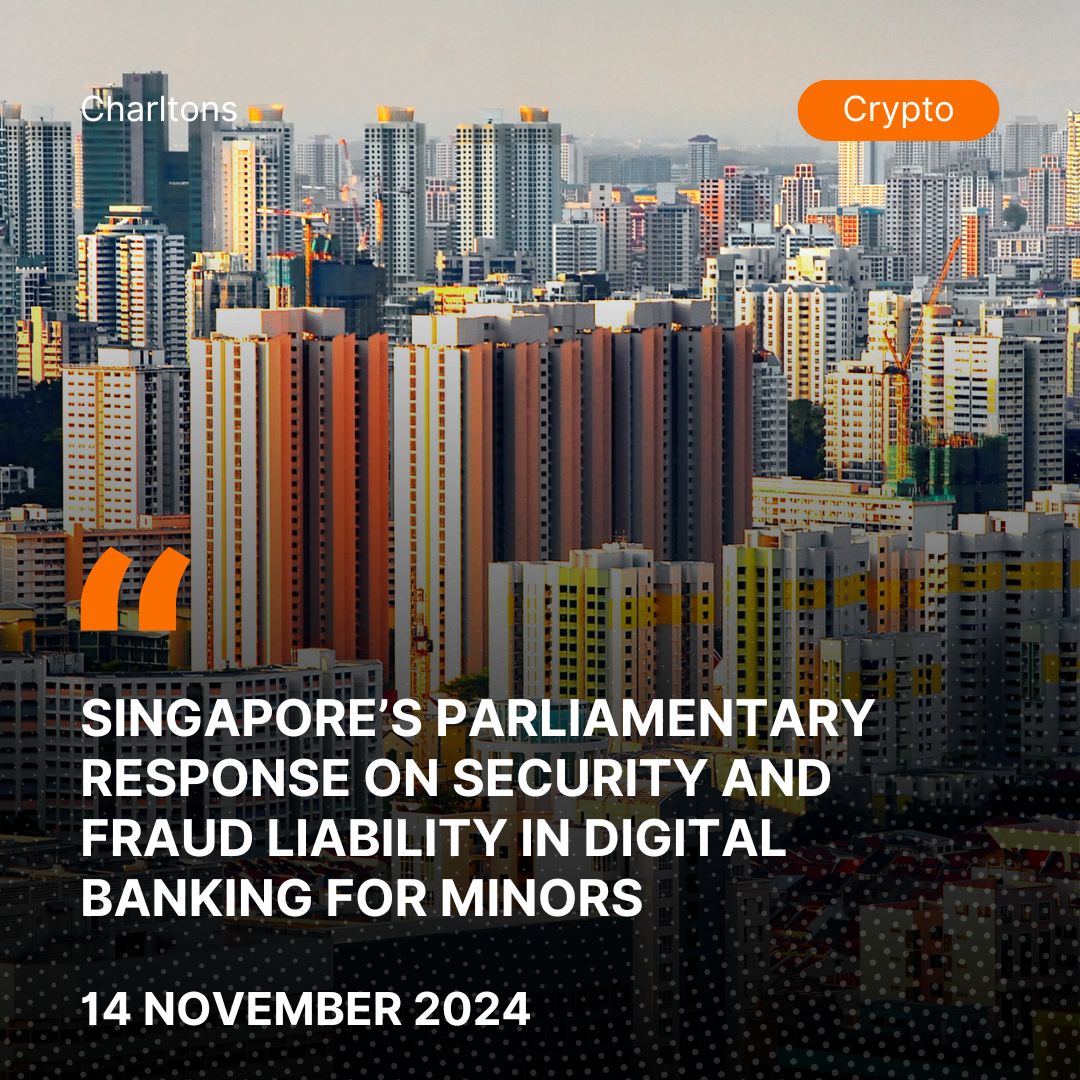
On 12 November 2024, during a parliamentary session, Deputy Prime Minister and Chairman of the Monetary Authority of Singapore, Mr Gan Kim Yong, provided a detailed response to questions raised by Ms He Ting Ru, Member of Parliament for Sengkang GRC. The questions centred on the security protocols and fraud liability protection measures implemented by banks for digital accounts operated by minors under 16 years of age. In his response, Mr Gan clarified the specific safeguards, parental responsibilities, and remediation processes for unauthorised transactions on minor-operated accounts, underscoring a framework designed to protect young account holders.
Accounts for children under 16 can only be opened by a parent on behalf of the child, either as a joint account with parental control or a sole account in the child’s name. The parental role is pivotal, with parents authorised to monitor and manage account activities closely:
- Joint Accounts: In a joint account arrangement, the parent retains full operational control and oversight, allowing them to supervise account transactions actively.
- Sole Accounts for Minors: For accounts opened solely in the child’s name, banks impose additional safeguards, including lower default daily transaction limits, typically set between $50 and $100, which can be further reduced by the parent. Banks also facilitate parental supervision by allowing parents to monitor transactions via internet or mobile banking and to receive real-time alerts for any outgoing transactions or changes to the account’s transaction limits and personal particulars.
Mr Gan stated that the decision to open, close, or modify the transaction limits of a child’s account rests with the parents, who bear the primary responsibility for managing their child’s financial activities. This arrangement allows parents to introduce their children to financial management in a controlled environment before they reach the age of 16 and are eligible to manage a sole account independently.
All bank accounts, including those for minors, are protected by security protocols against unauthorised transactions. Apart from real-time transaction alerts, banks provide an emergency “kill switch” that either the parent or the child can activate to block all online payments from the account, adding an immediate layer of control in cases of suspected fraud.
Should unauthorised transactions occur, the Shared Responsibility Framework applies to accounts operated by minors, as it does to all other bank accounts. This framework delineates the responsibilities of financial institutions and telecommunications providers in minimising risks associated with phishing scams. Under this framework, if a bank fails to meet its obligations, it is expected to compensate affected victims of scams, regardless of the account holder’s age. In situations where duties under the framework are not breached, banks may still consider making payouts under their goodwill provisions, taking into account the specific circumstances of each case.
When an unauthorised transaction involving a minor-operated account is reported, banks are required to respond promptly. Investigation timelines are standardised across all accounts, including those for minors, ensuring swift action. Banks are expected to conclude investigations within 21 business days for straightforward cases and 45 business days for more complex cases.





